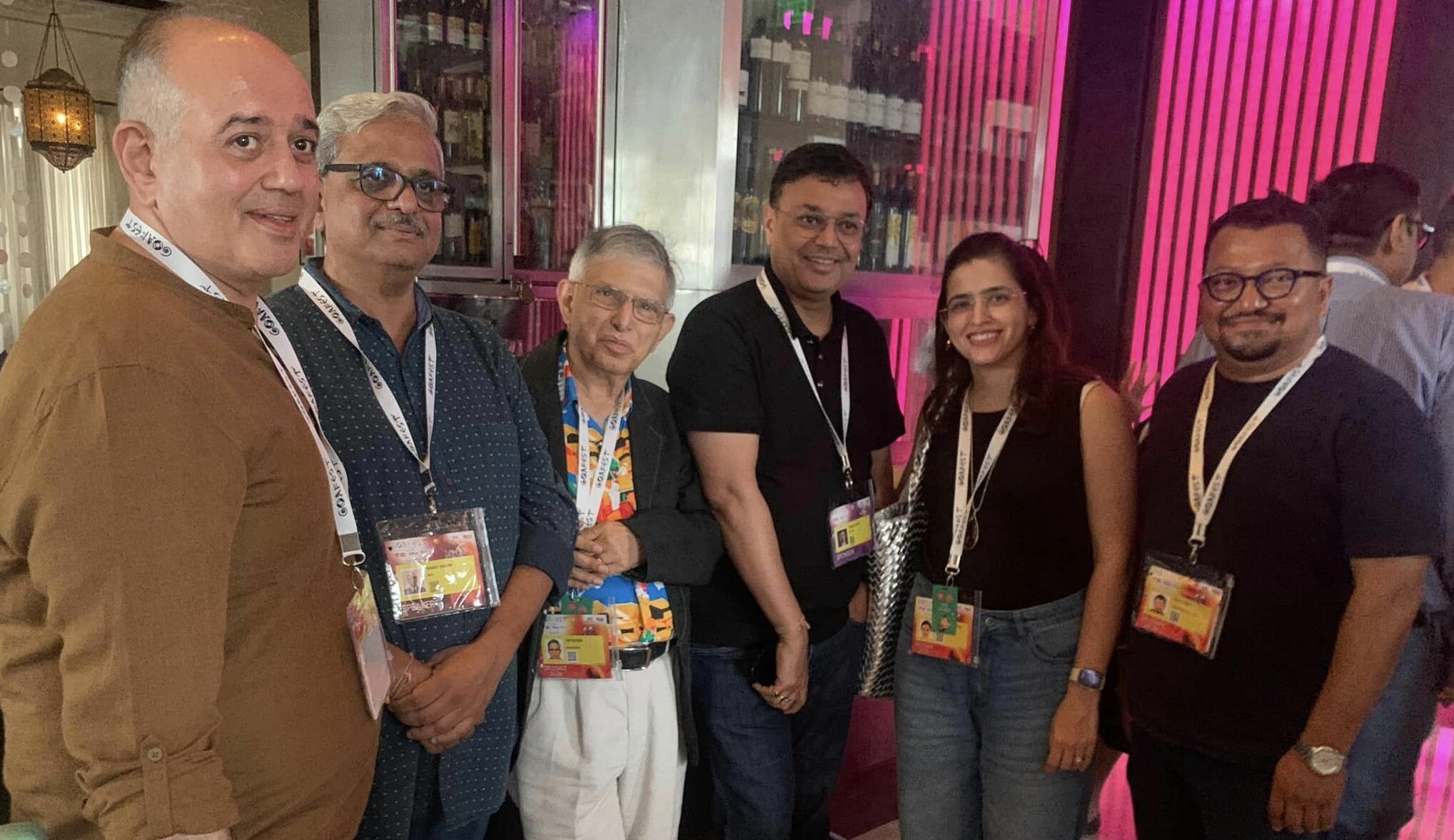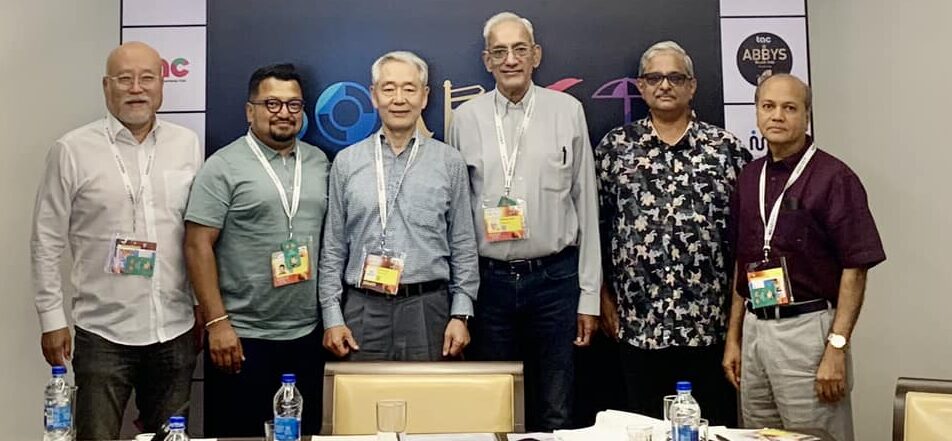The whole advertising ecosystem came together supporting each other – media companies sponsoring the events and lunches, advertisers being part of most learning sessions, panel discussions and masterclasses, agency leadership and their teams being part of all the awards. This is what I liked most about #Goafest2023. Also, it is a remarkable move to partner Abby with The One Show for South Asia which I am sure will help attract more entries from the region.
The theme this year – The Future of Creativity is here – was well represented by some of the key speakers and the thematic panel discussions.

Nick Law from Accenture Song presented principles for the future of creativity where he showcased seven key pointers. His session was about the intersection of technology, storytelling and creativity. His simple example of how photography which primarily started as a complex work done by chemists turned into an art form when creative people started to adopt it. Similarly, film which started in the theater format was later adapted by creative people for their means of storytelling. He emphasised that we need more creative people who can help to adopt complex technology like Generative AI to a more simplified format.
Josy Paul from BBDO India stressed on EI (Emotional Intelligence) by saying what makes technology unique when it comes to consumer level is ‘how’ part of it not ‘what’– AI is the ‘what’ while EI is ‘how’ making brands more relevant at the individual level.

While my dear friend Bharat Avalani did his masterclass on the third day morning by saying, “Stories are facts wrapped in the context and delivered with emotions.” He underlined that storytelling is an important skill required in business. Edward Pank from WARC Apac demonstrated the power of insight-based creativity. He spoke about the importance of generating ideas integrated with consumer insights along with local culture, that deliver useful solutions to marketing problems and are of value to the end consumer.
While there are many other interesting thoughts shared by key panelists and speakers in context to our current industry status, following are the some key learnings and common issues in the region.
- While technology is the new buzz word, it has also brought complexities in our professional life making it more important for us to unlearn and learn new skills keeping us relevant.
- We are struggling as an industry to attract good young talent as we are losing them to other industries. When I started my career over two decades ago advertising also meant “madmen” glamour, which attracted many of us into this profession.
- Many of our key clients, including us, generate primary level data every day. Data, by itself, is meaningless if we cannot contextualise.
- Every new thing is complex at the beginning but over a period of time creative people can help us to adopt them in our everyday life.
- As the media landscape changes, we need to move from Print to Static Visual, TV to Audio Visual and Radio to Audio p Static photographs, audio visual films and stories and podcasts are still very much relevant in each of our lives, we just have to understand their use patterns by our audiences.
- We need to break the perception of being ‘money savers’ to our clients only through effective media planning and buying and be the problem solvers who work with them for outcome-based solutions – and become their true growth partners.
- ‘Keeping it simple’ is the mantra and that’s also the most challenging.
- There is a huge opportunity to tailor our messages at the consumer level but at the same time, it brings challenges in terms of maintaining brand DNA consistency across touchpoints.
- Human capital is not the solution for every marketing problem for the client. We should also look for technology to optimise.
With over two decades in the profession, I feel the industry needs radical optimisation in terms of how we operate if we are to confront these challenges in the coming years.
First and foremost, we should seriously look to rebrand our industry by being more open-minded. To the industry that has taught branding to the rest of the world, it is our time to rebrand ourselves to bring “Madmen” like charm back to our industry.
(The author is founder of Outreach Nepal and author of the book, Brandsutra.)
(First published by The Free Press Journal BrandSutra. Content powered by MediaNews4u.com. Feedback: [email protected])

















